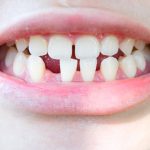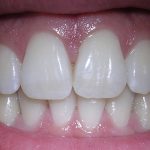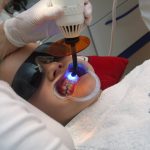When Can I Drink Soda After Wisdom Teeth Extraction: A Comprehensive Guide
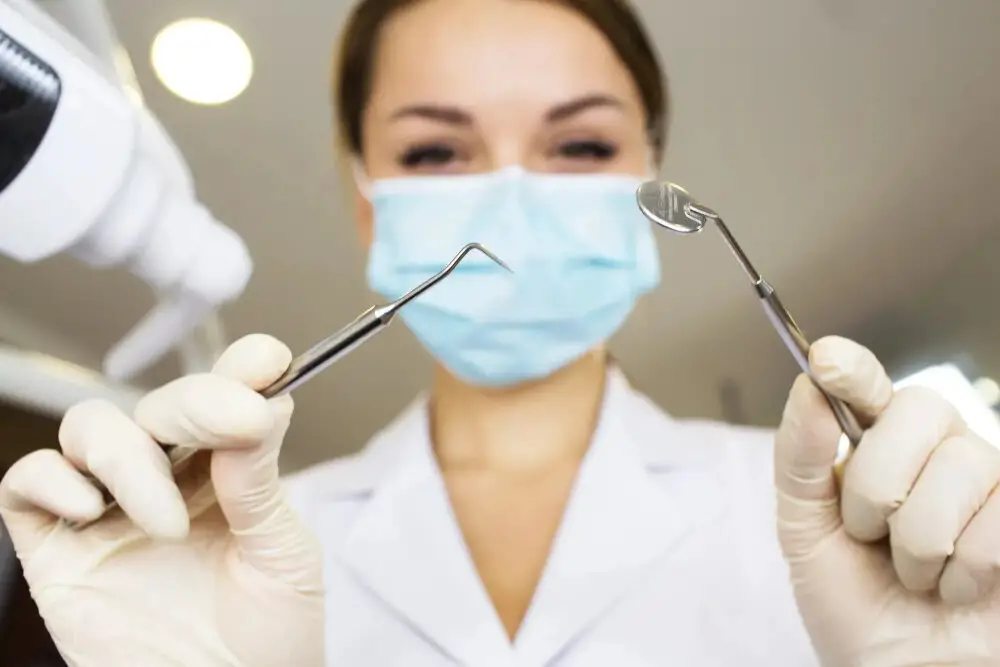
Wisdom teeth extraction is a common dental procedure that requires careful post-operative care to facilitate proper healing. After the surgery, patients are often advised to follow specific instructions to minimize the risk of complications and ensure speedy recovery. One of the most frequently asked questions by patients undergoing wisdom teeth extraction is when they can resume drinking soda. While soda is a popular beverage enjoyed by many, it can be detrimental to the healing process if consumed too soon. In this comprehensive guide, we will explore the factors that determine when it is safe to drink soda after wisdom teeth extraction and provide tips on how to minimize discomfort during recovery. Many patients experience discomfort after wisdom teeth extraction, which can last for several days or even weeks. This discomfort can be caused by various factors, including swelling, bleeding, and soreness in the affected area. As a result, the consumption of certain foods and beverages, including soda, can aggravate these symptoms and delay the healing process. It is vital to follow your dentist’s instructions and avoid certain foods and drinks until the extraction site has healed adequately. By doing so, you can prevent complications such as dry socket, a painful condition that occurs when the blood clot protecting the extraction site dislodges, exposing the underlying bone and nerves. In the following sections, we will discuss the timeline for drinking soda after wisdom teeth extraction, the risks associated with consuming soda too soon, and tips on how to minimize discomfort during recovery.
Wisdom teeth extraction is a common dental procedure that involves the removal of one or more wisdom teeth, also known as third molars, located at the back of the mouth. These teeth often cause problems such as overcrowding, impaction, infection, and severe pain. The procedure is usually performed under local anesthesia or sedation and involves making an incision in the gum tissue to expose the tooth and then removing it with forceps or by cutting it into smaller pieces. After the extraction, patients may experience swelling, pain, bleeding, and difficulty opening their mouths, which usually subsides within a few days. It is important to follow the post-operative instructions given by the dentist, including avoiding certain foods and drinks, to ensure proper healing and prevent complications.
Postoperative care is an essential aspect of any surgical procedure, including wisdom teeth extraction. It involves a series of measures aimed at promoting healing, preventing complications, and ensuring a smooth recovery process. Adequate postoperative care can help alleviate pain, reduce swelling, prevent infections, and promote the healing of the surgical site. It typically involves following specific instructions provided by the dental surgeon, such as taking prescribed medications, avoiding certain foods and activities, and keeping the surgical site clean and dry. Neglecting postoperative care can lead to complications, prolonged recovery periods, and even the need for further surgical intervention. Therefore, it is crucial to prioritize postoperative care to ensure a successful recovery after wisdom teeth extraction.
Understanding the healing process
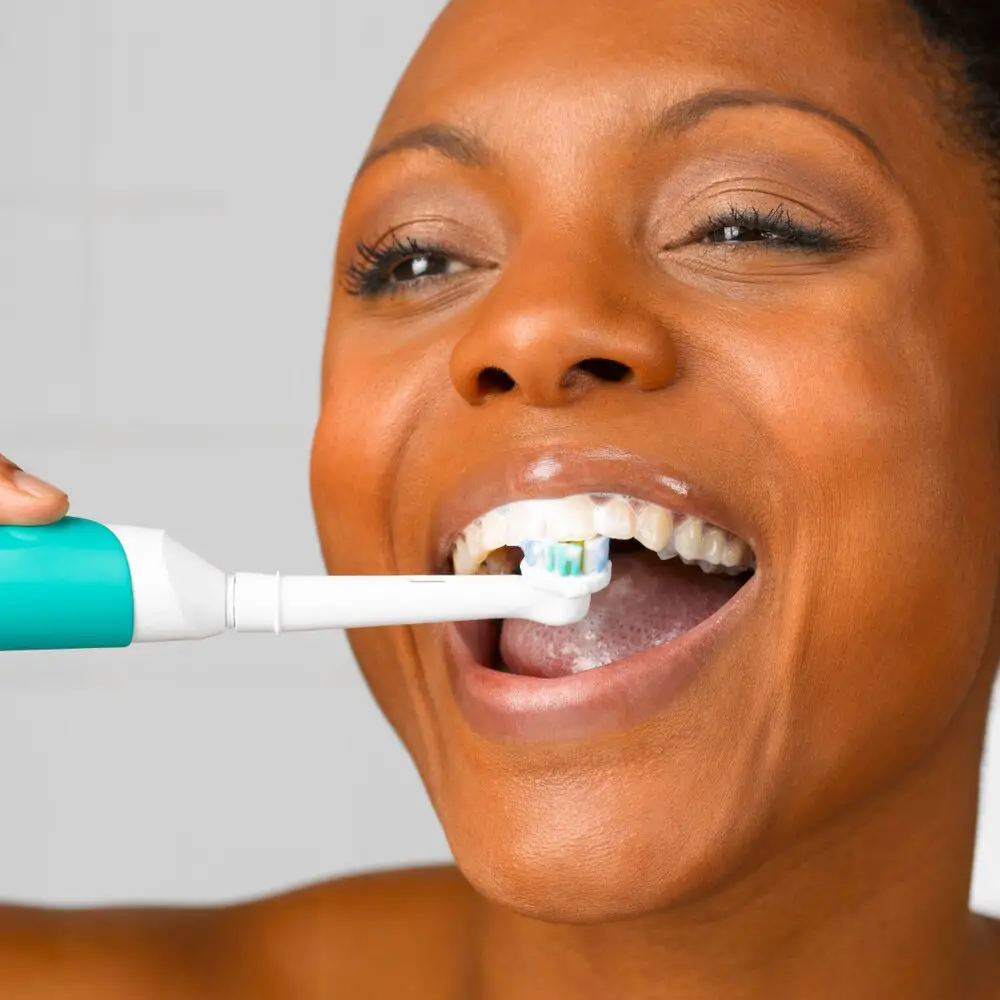
Understanding the healing process after wisdom teeth extraction is crucial to ensure a speedy recovery. After the procedure, the body initiates a series of events to heal the wound and replace the removed tooth. The first step is the formation of a blood clot that covers the extraction site. This clot acts as a natural bandage and protects the wound from infection and further damage. The patient must take extra care not to dislodge the clot by avoiding hard foods, tobacco, or using straws. Any disturbance of the clot can lead to a painful condition called dry socket, which requires further treatment. The next step in the healing process is the formation of granulation tissue, which is a type of connective tissue that covers the wound. This tissue helps to close the gap left by the extracted tooth and prepare the area for new bone growth. During this phase, the patient may experience swelling, pain, and stiffness, which can be managed with ice, painkillers, and rest. The granulation tissue gradually replaces the clot and forms a temporary barrier that protects the underlying bone and nerves. As the tissue matures, it is gradually replaced by new bone and gum tissue, which restores the natural contour and function of the mouth. Understanding and following the healing process is essential to avoid complications and achieve a successful outcome after wisdom teeth extraction.
After a wisdom teeth extraction, the healing process can take some time. The body’s natural healing mechanisms begin with clotting to stop bleeding, followed by inflammation to remove damaged tissue and prevent infection. The body then produces new tissue to replace the damaged tissue. This process can take several weeks to complete, and during this time, it’s essential to take care of the surgical site to prevent complications. Drinking soda after wisdom teeth extraction can slow down the healing process because the carbonation can irritate the surgical site and even dislodge the blood clot, leading to dry socket. Therefore, it’s best to avoid soda and stick to a soft, nutritious diet to promote healing.
There are several factors that can affect the healing process after a wisdom teeth extraction procedure. First and foremost, it is essential to follow the post-operative instructions provided by your dentist or oral surgeon. Failure to do so can result in complications such as dry socket or infection, which can delay healing. Additionally, your overall health and immune system play a role in the healing process, as individuals with weakened immune systems may experience slower healing times. Smoking and consuming alcohol can also hinder healing, as both can impair blood flow and decrease the body’s ability to fight off infection. Finally, diet can impact healing, as consuming hard, crunchy, or spicy foods can irritate the surgical site and delay healing. It is important to stick to a soft, bland diet for the first few days after surgery and gradually reintroduce harder foods as healing progresses.
The time frame for healing after wisdom teeth extraction varies from person to person. While some individuals may experience a quick recovery within a few days, others may take up to two weeks or more to fully heal. The healing process is dependent on several factors such as age, overall health, and the number of teeth extracted. It is important to follow the post-operative instructions given by your dentist or oral surgeon to ensure proper healing. It is also recommended to avoid consuming carbonated beverages like soda for at least a week after the procedure to reduce the risk of complications and promote faster healing.
What to avoid after wisdom teeth extraction
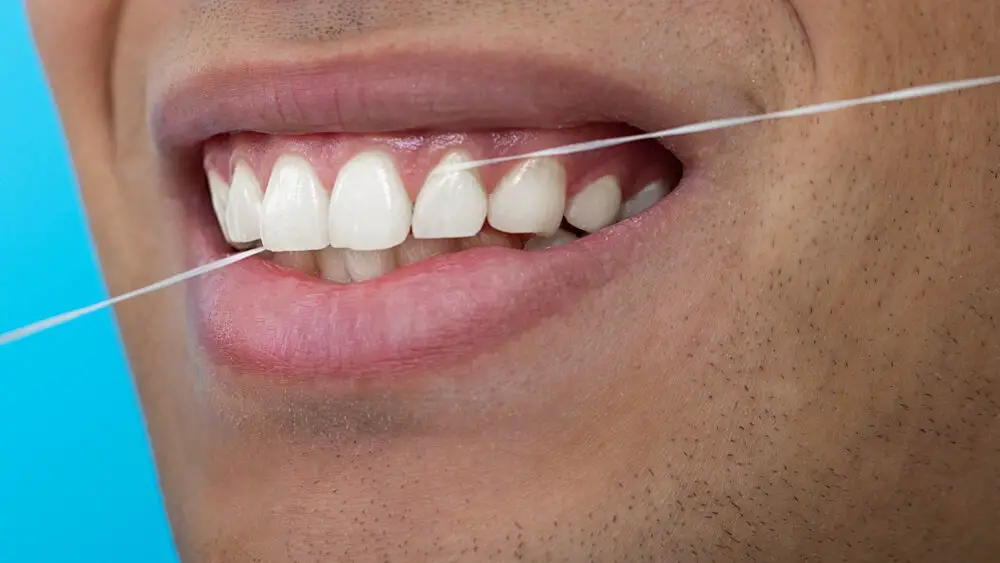
After getting wisdom teeth extracted, it is important to follow certain guidelines to ensure proper healing and minimize discomfort. One of the most crucial things to avoid after wisdom teeth extraction is consuming hard or crunchy foods. These can irritate the extraction site and cause bleeding or even dislodge the blood clot that forms to protect the area. This can lead to dry socket, a painful condition that occurs when the bone and nerves in the extraction site are exposed to air and food. Therefore, it is best to stick to soft foods for the first few days, such as soup, mashed potatoes, and smoothies. Additionally, acidic or spicy foods should be avoided as they can irritate the extraction site and cause pain. Another thing to avoid after wisdom teeth extraction is smoking or using tobacco products. Tobacco use can delay healing and increase the risk of complications such as infections and dry socket. The suction from smoking and vaping can also dislodge the blood clot and hinder healing. It is important to refrain from smoking for at least 72 hours after the procedure, and ideally longer if possible. Additionally, drinking alcohol should be avoided as it can also delay healing and increase the risk of bleeding. It is important to stay hydrated after the procedure, but avoid using straws as the sucking motion can also dislodge the blood clot. By following these guidelines, patients can ensure a smoother and more comfortable recovery after wisdom teeth extraction.
After wisdom teeth extraction, it is important to avoid certain foods and drinks to promote healing and prevent complications. Acidic and carbonated drinks such as soda should be avoided as they can irritate the surgical site and delay healing. Alcoholic beverages should also be avoided as they can increase bleeding and interfere with pain medication. Hard and crunchy foods like nuts, chips, and popcorn can also cause damage to the surgical site and should be avoided. Spicy and hot foods can also cause discomfort and delay healing, so it is best to avoid them for the first few days after surgery. Opt for soft, cool, and easy-to-eat foods like yogurt, smoothies, soups, and mashed potatoes to promote healing and make the recovery process smoother.
It is highly recommended to avoid drinking soda after wisdom teeth extraction due to various reasons. Firstly, soda contains carbonation which can cause discomfort in the mouth and may even irritate the surgical site. Additionally, soda is high in sugar content, which can lead to the formation of bacteria and infection in the mouth. The acidic nature of soda can also delay the healing process and cause further discomfort. Therefore, it is advisable to stick to water and other non-carbonated, non-acidic beverages to promote faster healing and avoid any complications.
After wisdom teeth extraction, it is advisable to avoid soda for a minimum of three to five days. During this time, the blood clot that forms in the extracted tooth socket needs to heal and solidify to prevent complications like dry socket. Carbonated drinks like soda can interfere with the clotting process, leading to the clot dislodging, exposing the bone and nerves beneath, thereby causing severe pain and discomfort. It is essential to follow the recommended healing period and avoid any hard, crunchy, or chewy foods, including soda, for a speedy and comfortable recovery. Instead, opt for soft, nutritious foods like mashed potatoes, soup, smoothies, and ice cream to provide the necessary nutrients for healing.
When can I drink soda after wisdom teeth extraction?

After wisdom teeth extraction, it is crucial to avoid drinking soda for at least 24-48 hours. The carbonation and acidity in soda can irritate the surgical site and delay the healing process. Additionally, the sucking motion required to drink soda from a straw can dislodge the blood clot that forms in the socket after extraction, leading to dry socket, a painful condition that can prolong recovery time. Instead of soda, it is recommended to drink plenty of water to stay hydrated and promote healing. After the initial 24-48 hours, you can gradually introduce other liquids, such as broth, smoothies, and juice, but still avoiding carbonated and acidic drinks. It is essential to note that once you start drinking soda again, it is still recommended to use caution. Limit your intake and avoid drinking soda through a straw for at least a week. Instead, drink directly from the can or bottle. It is also important to rinse your mouth with water after drinking soda to remove any remaining sugars or acids that can cause tooth decay. Remember, the goal after wisdom teeth extraction is to promote healing and avoid any complications that can prolong recovery time. By following these guidelines, you can ensure a smooth and comfortable recovery process.
Soda is a carbonated beverage that is high in sugar and acid content, making it one of the most unhealthy drinks to consume. It can cause a multitude of health problems, including tooth decay, obesity, and diabetes. The high sugar content in soda can also lead to a buildup of plaque on teeth, which can cause gum disease and eventually lead to tooth loss. Additionally, the acid in soda can erode tooth enamel, making teeth more vulnerable to decay and sensitivity. For these reasons, it is best to avoid soda and opt for healthier beverage options, especially after wisdom teeth extraction, as the acidic and sugary content can irritate the surgical site and slow down the healing process.
After a wisdom teeth extraction, it is important to give your mouth enough time to heal properly. Drinking soda may seem refreshing, but it is essential to wait for at least 24-48 hours before consuming it. During this time, your gums and surrounding tissue will be vulnerable to damage, and carbonated drinks can irritate the area and cause discomfort. However, even after the initial 24-48 hour period, it is advisable to continue avoiding soda for a few more days until your mouth has fully healed. Instead, opt for water or other non-carbonated beverages to keep hydrated and promote healing.
When consuming soda, it is important to take certain precautions to protect your oral health. Firstly, it is recommended to limit the consumption of soda as it can be harmful to your teeth and overall health. Secondly, it is important to drink soda through a straw to minimize the contact between the soda and your teeth. This can help reduce the risk of tooth decay and erosion. Additionally, it is essential to rinse your mouth with water after drinking soda to remove any residual sugar or acid that may be left in your mouth. Lastly, it is advisable to wait until your wisdom teeth extraction site has fully healed before consuming soda to avoid any potential complications or discomfort. By taking these precautions, you can enjoy soda in moderation while still maintaining good oral health.
Alternative drinks to consume after wisdom teeth extraction
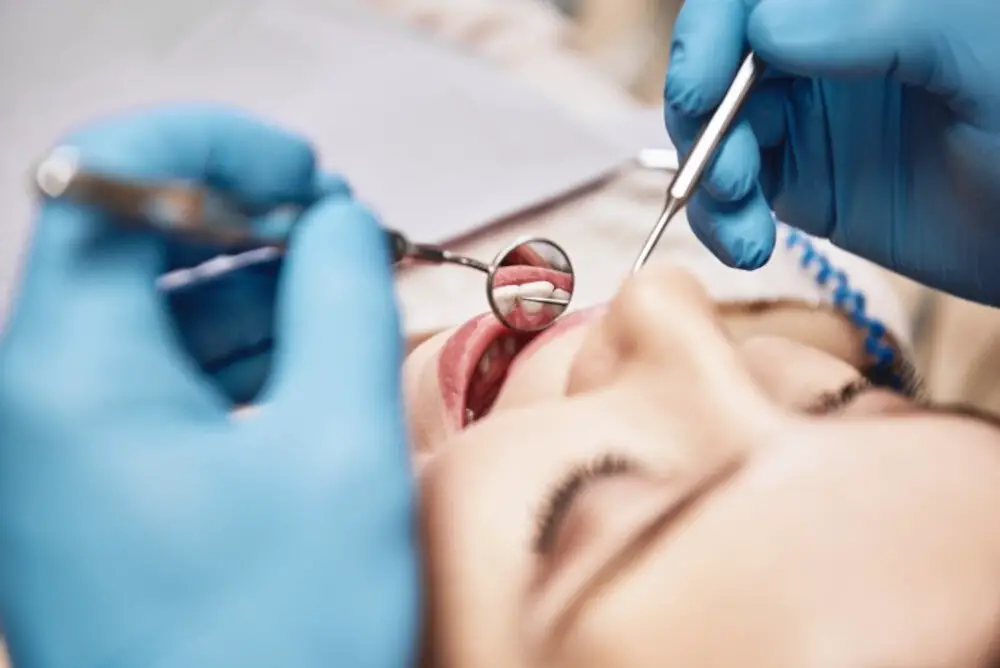
After wisdom teeth extraction, it’s essential to consume alternative drinks that are gentle on the surgical area and won’t cause any discomfort. It’s best to avoid carbonated, acidic, or hot beverages during the healing process, as they can irritate the wound and delay recovery. Instead, opt for cold, non-acidic, and non-carbonated drinks that are easy to swallow and provide hydration and nutrition to your body. One of the best options for post-surgery drinks is water, as it’s essential to keep your body hydrated and aid in the healing process. You can also try coconut water, which is an excellent source of electrolytes and helps replenish the body’s lost fluids. Herbal teas such as chamomile, peppermint, and ginger tea are also a great choice, as they can help soothe inflammation and promote healing. Additionally, smoothies made with fresh fruits, yogurt, and milk can provide essential nutrients and protein to your body, aiding in the recovery process. However, it’s essential to avoid using a straw while drinking smoothies, as it can cause dry socket and delay the healing process.
Soda is not recommended after wisdom teeth extraction due to its high sugar content and carbonation. The sugar can lead to bacteria growth in the mouth, which can cause infections and slow down the healing process. The carbonation can also cause discomfort and pain in the surgical area. Instead, it is recommended to drink alternative beverages such as water, herbal tea, fruit juice, or smoothies. These options are not only hydrating but also provide essential nutrients that aid in the healing process. Additionally, cold beverages can help reduce swelling and soothe any discomfort in the mouth. It is important to avoid using straws when drinking as it can cause dry sockets, which can delay the healing process.
Consuming certain drinks after wisdom teeth extraction can have various advantages. For instance, drinking water can help keep the mouth hydrated and prevent dry socket, a painful condition that occurs when the blood clot in the socket is dislodged. Drinking sports drinks can help replenish electrolytes lost during the healing process. Consuming smoothies and shakes can provide essential nutrients and calories while also being easy to consume. Tea can help reduce swelling and inflammation, while also promoting relaxation. Overall, choosing the right drinks after wisdom teeth extraction can aid in a faster and smoother recovery process.
When consuming alternative drinks after wisdom teeth extraction, it is important to take certain precautions to ensure proper healing and avoid any complications. Avoid drinks that are too hot or too cold, as extreme temperatures can cause pain or sensitivity. Acidic drinks such as citrus juices or energy drinks should also be avoided as they can irritate the healing sockets. Carbonated beverages may also cause discomfort, so it is best to opt for non-carbonated alternatives. Additionally, it is important to avoid using straws as the sucking action can dislodge the blood clot and delay the healing process. Finally, be sure to follow your dentist or oral surgeon’s instructions and recommendations regarding what and when to drink after wisdom teeth extraction.
Postoperative care is a crucial aspect of any surgical procedure, including wisdom teeth extraction. It is the period immediately following the surgery when the body needs to heal and recover. Proper postoperative care can help minimize the risk of complications, reduce pain and swelling, and speed up the healing process. This care includes following the dentist’s instructions on taking medication, avoiding certain foods and drinks, practicing good oral hygiene, and attending follow-up appointments. Neglecting postoperative care can lead to infections, dry sockets, bleeding, and prolonged pain and discomfort. Therefore, it is essential to take postoperative care seriously to ensure a smooth and healthy recovery after wisdom teeth extraction.
After getting wisdom teeth extracted, it is essential to follow a strict diet to avoid any complications. Carbonated drinks, such as soda, should be avoided for at least 24 hours after the surgery. Consuming soda immediately after the procedure can dislodge the blood clot and cause dry socket. Furthermore, the carbonation in soda can cause discomfort and irritation to the surgical site. After the first 24 hours, it is recommended to drink soda with a straw to minimize any direct contact with the surgical area. However, it is best to avoid soda altogether until the mouth has fully healed to avoid any potential harm. It is crucial to follow the dentist’s instructions and maintain a healthy diet to ensure a speedy recovery after wisdom teeth extraction.
In conclusion, it is essential to follow the post-operative instructions provided by your dentist or oral surgeon to ensure a speedy recovery after wisdom teeth extraction. Refraining from drinking soda for at least a week is highly recommended as it could dislodge the blood clot and lead to dry socket. Instead, opt for water and other beverages that are gentle on the mouth. Proper oral hygiene is also crucial during this time, including brushing and rinsing with saltwater to prevent infection. It is best to avoid smoking, alcohol, and strenuous activities that could hinder the healing process. Be patient and allow your body to recover fully before resuming your regular routine. If you experience any unusual symptoms or complications, contact your dentist or oral surgeon immediately.
Conclusion

In conclusion, the decision of when to drink soda after wisdom teeth extraction should not be taken lightly. It is crucial to follow the guidelines provided by your dentist to avoid any complications or hindered healing. While it may be tempting to indulge in your favorite carbonated beverage, it is important to prioritize your oral health and allow your mouth to fully heal before consuming soda or any other hard, crunchy, or sticky foods. Remember, patience is key when it comes to recovering from oral surgery. By taking care of your mouth and following the proper post-operative instructions, you can ensure a smooth and successful recovery.

